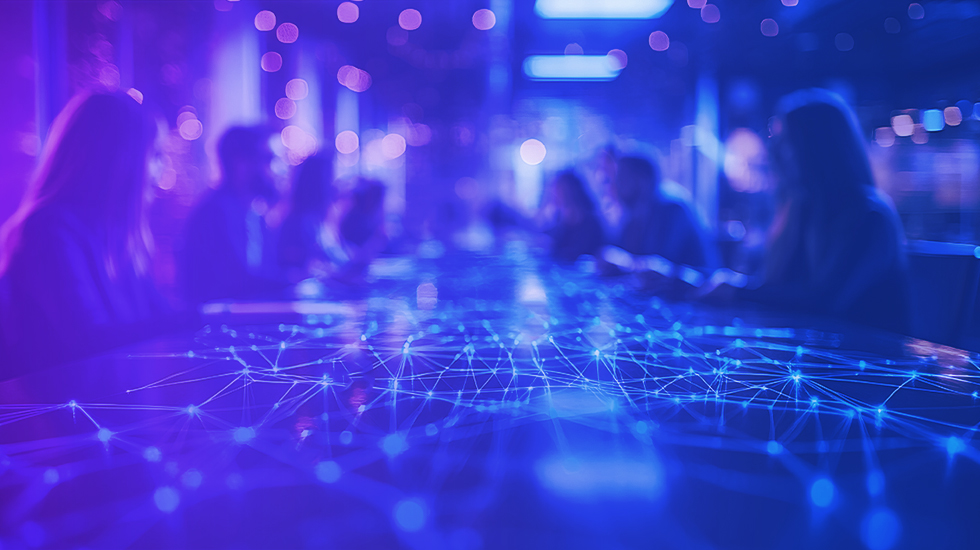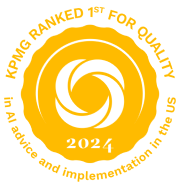Organizational Impacts
The integration of AI leads to changes in organizational structures and the nature of talent required. For example, employees must collaborate with new digital labor and agents, adapt to new skills, and work within evolving organizational frameworks. Organizations must implement strategic change management methods to facilitate a smooth transition and align talent with AI-driven objectives, but the organizational structures, talent and skills clarity, and overall jobs must be redefined and clarified.
New organizational capabilities are also required to manage the lifecycle of digital labor investments, much in the same way organizations have highly refined capabilities to manage the human worker lifecycle. Agents acting as “taskers” are likely to replace either large parts of or entire roles within an organization. One example involves call center agents gaining popularity at scale for customer-facing roles.
As “tasker” agents augment large portions of roles, the organizational shape and interaction models themselves must evolve intentionally to both capture the value of the agent investment, and empower the impacted human workers to evolve their roles and how they collaborate accordingly.
A formal and ongoing process of “human-AI organizational design” is a must. Sixty-two percent of organizations are using AI to identify skill gaps and develop targeted upskilling programs to fill those gapsviii.
Culture and Leadership Impacts
Leaders must enhance their company's brand, adopt new policies, and align with organizational values to drive AI transformation. A culture embracing AI and continuous innovation is essential. Leaders play a key role in creating an environment where employees feel supported in adapting to AI changes. Transparency, good communication, and a focus on employee development are crucial. AI is vital for improving the employee experience, as employees expect AI tools to help them perform better. Without these tools, companies may struggle to attract and keep top talent.
As AI keeps evolving, so too must the organization's culture, moving towards continuous improvement, innovation, and change at all levels. According to recent studies, 58% of employees feel positive about AI's role in enhancing their job functions, while 23% are concerned about potential job displacementix. Additionally, 69% of companies plan to integrate AI-powered continuous learning platforms within the next two years to ensure their workforce remains agile and adaptivex.








